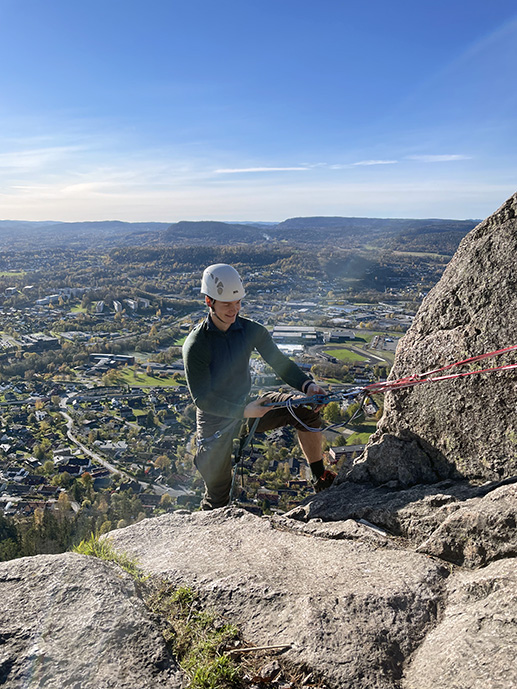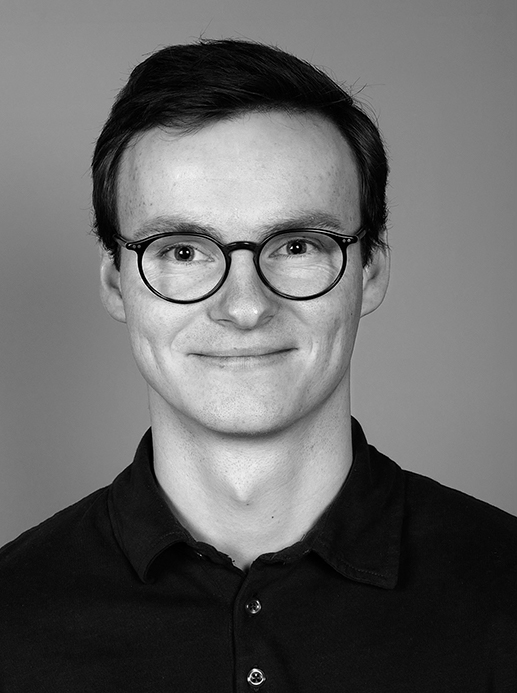- What is your name, your nationality and your educational background?
- My name is Eilif Sommer Øyre and I’m from Røyken, Norway. I have a Master’s degree in applied physics from NTNU in Trondheim.
- Where have you studied before and in what field?
- My thesis at NTNU was in computational physics, where I created a program for simulating electromagnetic scattering by arbitrary shaped surfaces using the boundary element method. This work got me motivated to seek out a job where I could learn more about applying and implementing numerical methods in physics.
- When did you start working at ITA?
- I started working as a PhD-student in september 2021.
- What are you going to study?
- I’m going to study how particles are accelerated in the solar atmosphere and analyse their characteristics. This will allow us to better understand the physical processes at play in the internals of solar flares, where particles are accelerated up to relativistic speeds.
- How do you plan to answer to the main question?
- Through simulations. We are developing a trace particle code that will follow individual particles, both electrons and ions, embedded in realistic solar atmosphere environments. The environments themselves are MHD simulation results produced by colleagues at the centre. The trace particle code will be massively parallelised and run on supercomputers, and eventually we will compare the results with real observations.

- What brought you to ITA and RoCS/Oslo in general?
- Solar physics is a combination of many exciting disciplines in physics, and RoCS is known for its commitment and expertise in modelling the highly dynamic and intriguing solar atmosphere. A PhD-position at the centre seemed like a great opportunity to study more physics and high performance computing, and learn how to combine these fields to make scientific contributions as part of an active scientific community.
- How can you describe your experience here at ITA and in Oslo so far?
Great! The working environment is very supporting and social, and I know I have a lot to learn from all my colleagues. I also really enjoyed being a teaching assistant last semester, and now I’m looking forward to get on with my project and further studies.
- What do you expect from this experience?
I expect to be a part of an active and collaborative scientific community and an engaging working environment. All this while learning a lot of physics, computer science, and what it means to be a researcher in astrophysics.
- What do you like to do in your spare time? Any hobbies, interests?
- Rock climbing!
